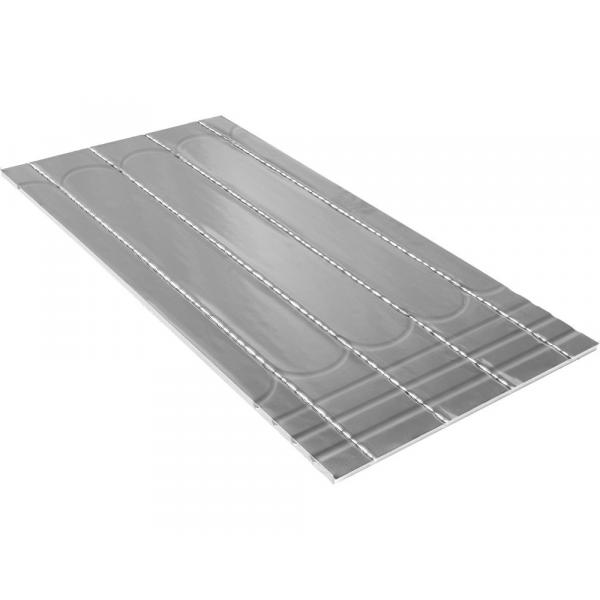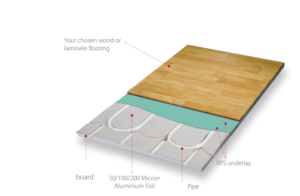Why EPS Panels are the Perfect Choice for Your Underfloor Heating System?

EPS panels

EPS 20mm Routed Panel for 15/16mm pipes – 150mm centre – The Underfloor Heating Expert
EPS panels, or Expanded Polystyrene panels, are a type of insulation material commonly used in construction. Here’s an overview of EPS panels:
- Material: EPS panels are made from expanded polystyrene foam, which is a lightweight, rigid, and thermally efficient material.
- Insulation Properties: EPS panels are known for their excellent thermal insulation properties. They help to reduce heat transfer through walls, floors, and roofs, thus improving energy efficiency and maintaining comfortable indoor temperatures.
- Versatility: EPS panels are versatile and can be used in various applications, including walls, roofs, floors, and foundations. They come in different shapes and sizes to suit different construction needs.
- Installation: EPS panels are relatively easy to install. They can be cut to size on-site and installed using adhesive, mechanical fasteners, or interlocking systems, depending on the specific application.
- Moisture Resistance: While EPS panels provide good thermal insulation, they are not inherently moisture-resistant. However, they can be treated with coatings or membranes to improve their moisture resistance and protect against water damage.
- Fire Performance: EPS panels are flammable and can contribute to the spread of fire if not properly protected. Therefore, it’s essential to use fire-retardant coatings or sheathing materials to enhance their fire performance in construction applications.
- Cost-Effectiveness: EPS panels are generally cost-effective compared to other insulation materials, making them a popular choice for both residential and commercial construction projects.
Overall, EPS panels offer an efficient and economical solution for thermal insulation in construction, providing benefits such as energy savings, comfort, and sustainability. However, proper installation and consideration of factors like fire safety and moisture protection are essential to maximize their performance and longevity.

